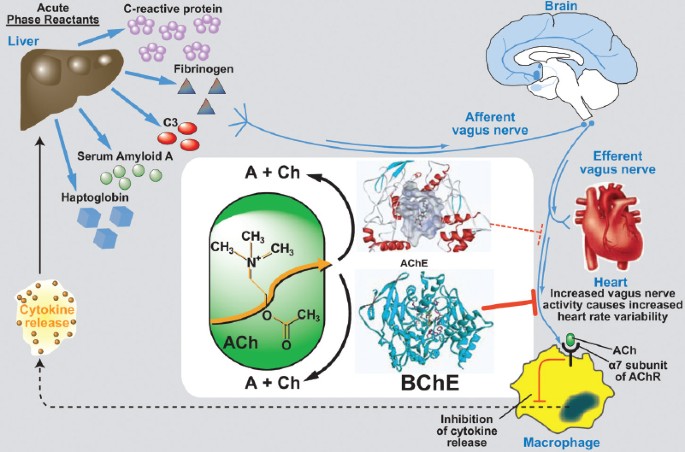Acetylcholinesterase inhibitors
Acetylcholinesterase (AChE) testing is a diagnostic technique that quantifies the amount of the enzyme in tissue or blood samples. This test is important for diagnosing specific medical disorders and circumstances with exposure to particular chemicals. The following are some typical scenarios where AChE testing is applied:
Acetylcholinesterase Testing Applications
Myasthenia Gravis Diagnosis:
The autoimmune disease myasthenia gravis is typified by voluntary muscular weakening and exhaustion. By measuring the degree of acetylcholine breakdown at the neuromuscular junction, AChE testing can aid in diagnostic confirmation.
Exposure to carbamates and organophosphates:
Pesticides that block AChE, such as organophosphate and carbamate, cause acetylcholine to build up causing cholinergic toxicity. AChE activity measurement aids in the diagnosis and treatment of poisoning patients.
Analysis of Amniotic Fluid:
Tests for AChE in amniotic fluid are used to identify neural tube abnormalities in fetuses, such as spina bifida. AChE levels that are elevated in the amniotic fluid can be a sign that these abnormalities are present.
AChE testing on red blood cells:
Red blood cell AChE activity is assessed in some clinical circumstances to evaluate possible hazardous exposures and track the impact of AChE inhibitors.
Method:
The acetylcholinesterase testing protocol differs based on the kind of sample and the particular clinical setting:
Sample of Blood:
A vein is used to extract blood, usually from the arm. After that, the sample is transported to a lab for AChE activity measurement, often in plasma or red blood cells.
Sample of Amniotic Fluid:
The process of amniocentesis is used to extract amniotic fluid. A tiny amount of fluid is removed by inserting a needle, guided by ultrasonography, into the mother’s belly and the uterus. Next, the fluid’s AChE activity is examined.
Analysis of the Findings
Acetylcholine breakdown and normal enzyme function are indicated by normal AChE activity.
Reduced AChE Activity:
This could be a sign of possible poisoning from exposure to carbamates or organophosphates.
can also be observed in liver disorders and specific hereditary abnormalities.
Elevated Activity of AChE in Amniotic Fluid:
This could signify a neural tube abnormality in the growing fetus.
Elements That Affect AChE Activity:
AChE activity can be impacted by several circumstances, including:
- Medication: AChE activity can be inhibited or enhanced by certain medications.
- hereditary Variations: Due to hereditary causes, some people may naturally have higher or lower levels of AChE activity.
- Health Conditions: Enzyme levels can be impacted by liver disease, starvation, and other illnesses.
In summary:
In several medical circumstances, including the diagnosis of myasthenia gravis, the detection of fetal neural tube abnormalities, and the evaluation of pesticide exposure, acetylcholinesterase testing is an invaluable diagnostic tool. It is important to comprehend the methodology, utilization, and interpretation of AChE test outcomes for efficient clinical administration and diagnosis.




[…] hemophilia, and levels between 6% and 50% suggest mild hemophilia A.Von Willebrand Disease: This illness can be diagnosed with reduced Factor VIII activity in addition to other specialized […]
[…] nerves and muscles at the NMJ. In most MG cases, the immune system produces antibodies against acetylcholine receptors (AChR) at the NMJ, which interferes with the transmission of nerve impulses to the […]